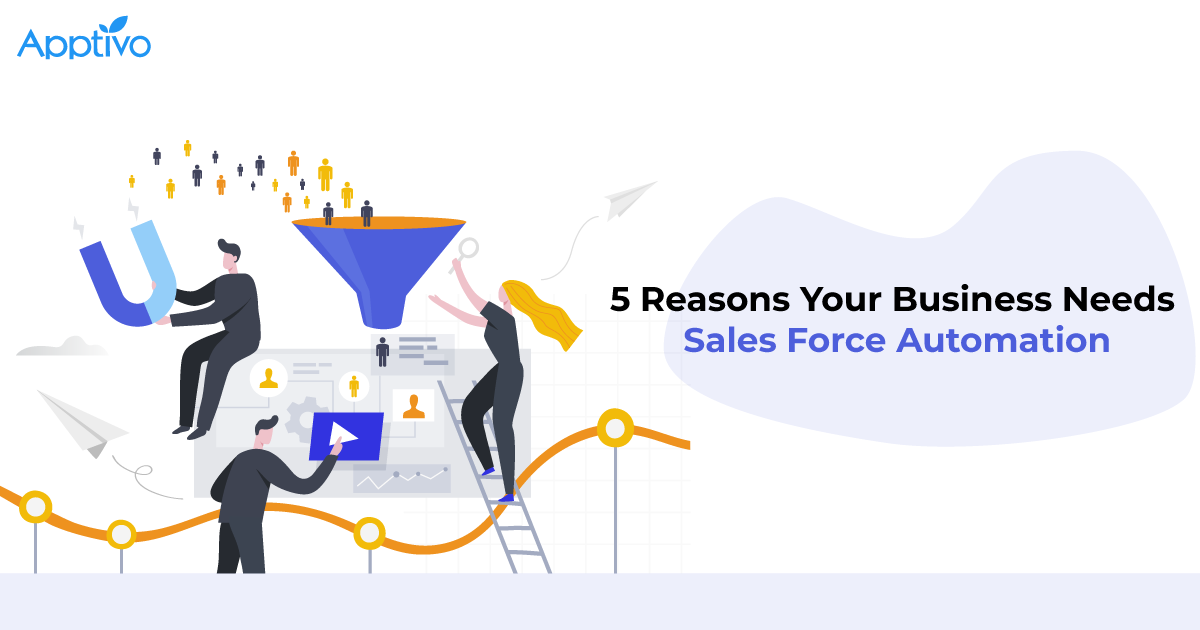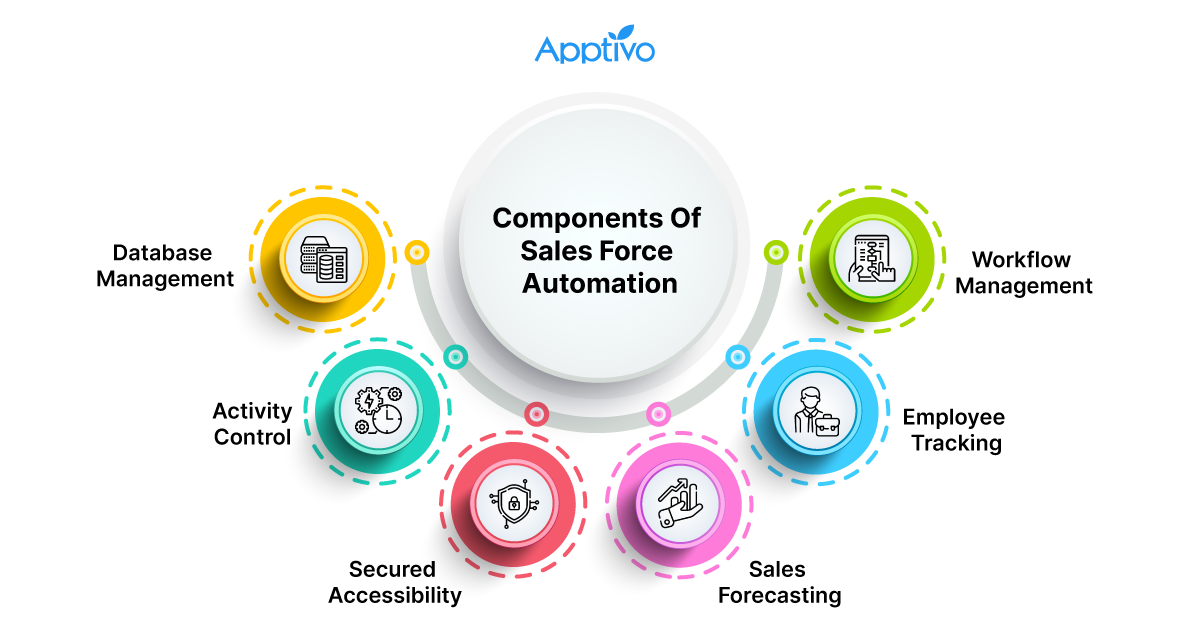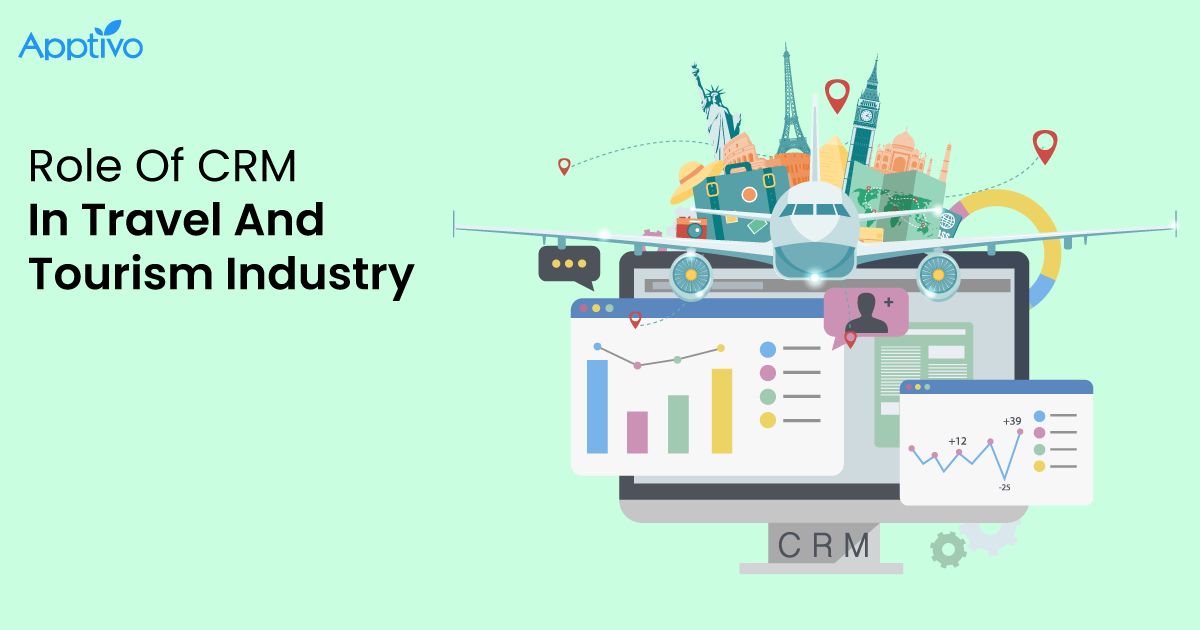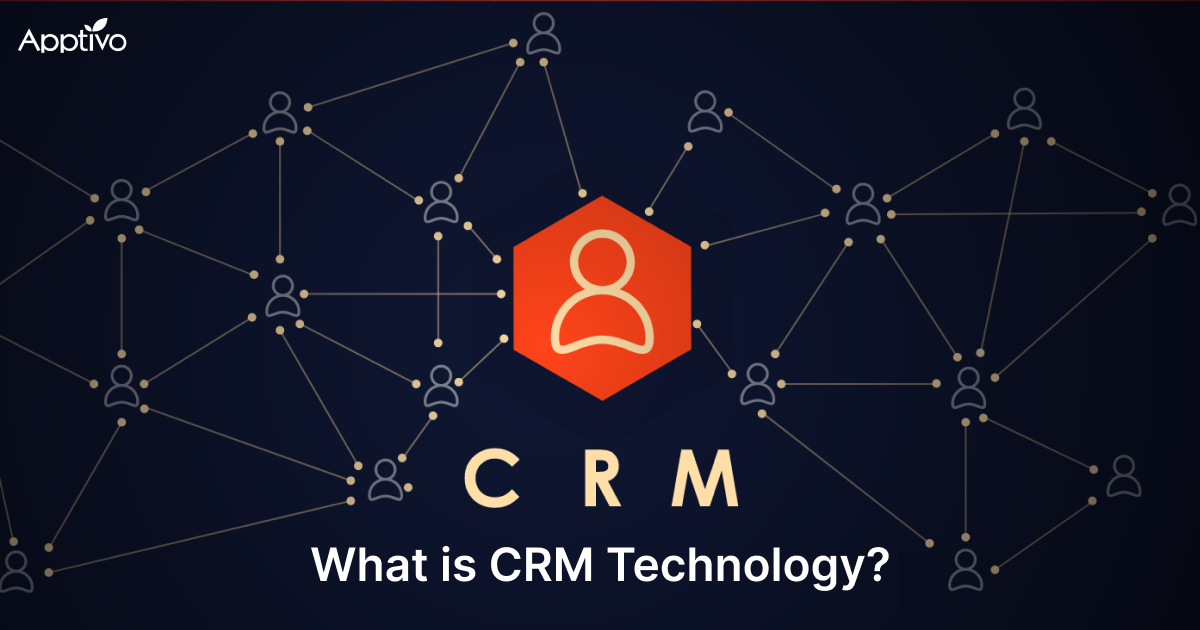 |
For many small & medium businesses, managers are unsure whether implementing a CRM management or SFA (Sales Force Automation) system is worth the effort and costs. When going through this decision for your business, there are many questions to ask yourself. Everyone knows that the customer is a cornerstone of any business. Sales automation allows you to continue creating new customers and generate more business from your existing customers. The best sales force automation software has the capability to reduce the churn rate through its advanced management metrics. Furthermore, the features of sales force automation have everything you need to increase the customer satisfaction score of your company.
Before we dive into the top 5 reasons why your business should implement some form of online CRM or sales tracking system, let’s identify what “Sales Force Automation” is exactly. SFA (or Sales Force Automation) systems are informative systems designed to help automate general tasks within sales processes. SFA systems are included as part of customer relationship management systems, such as Apptivo. The innovative CRM SFA tools of Apptivo are powered with advanced features that make them stand out from the rest. Some primary components of sales force automation management system include: lead tracking, sales lead process tracking, sales forecasting, order management, performance analysis, or a product knowledge base.
 |
Top 5 reasons a Company needs Sales Force Automation
When you are running a business and if you have a handful of customers, it is necessary to sign up for CRM automation. CRM providers in the absence of salesforce automation tools fail to achieve the desired results. This is because we are in the era of automation and CRM automation is a must-have for companies. From being a luxury, sales automation CRM has now turned into a basic requirement. While there are many reasons a company should implement SFA/SFM, here are 5 of the top reasons you should consider when deciding to include SFA within your CRM processes.
1. Lost Opportunities
Humans aren’t perfect, so you cannot expect your sales teams to remember every interaction, deadline, or appointment with potential customers. Without a central system to manage all of these activities, salespeople become easily overwhelmed and miss out on contacts. Being persistent is a necessary trait of a salesperson, and giving them tools that can help them manage each follow-up with their contacts is invaluable.
Most CRM & SFA tools allow you to manage not only follow-ups for specific contact or customer. It also handles reminders about each potential deal you have on the table with each of these entities. It allows your salespeople to focus their time on increasing the number & quality of interactions, rather than getting bogged down with managing their obligations and potentially missing tasks that are not yet complete.
2. Poor Prioritization
Without a CRM tool which can easily list all potential deals in your business, how are sales teams supposed to understand which task is the best use of their time? For many companies, the number of sales leads is not the issue, but the lead quality is an issue. You don’t want your best staff to work on low-quality leads, you want to ensure that each resource is utilized optimally.
By using an online salesforce automation tool, you can easily assign lead ranks to each potential deal. You can also form a neat segmentation between cold sales leads and hot sales opportunities. Not only this, but you can track indicators of how important a deal may be, such as seeing the overall value or the estimated probability that the deal will close; this information gives managers the required data to assign the proper resources to every prospect.
3. Lack of Forecasting & Intelligence
Lack of forecasting and intelligence takes a step beyond just solving problems in your sales process and moves on to allowing your sales processes to solve problems in other areas of the business. By properly defining the estimated outcome (probability X revenue amount), you can make accurate projections of future income. It allows business owners to make intelligent decisions about resource allocation, marketing budgets, and nearly every other aspect of the business. The ability to monitor the future cash flow of the business is an invaluable tool for running a company. These reports are available effortlessly when a sales team receives training about their sales force automation tools.
Beyond just forecasting, customer relationship management tools like this can offer the ability to get all sorts of reports and metrics. You can gain a vision of which steps in your sales process perform poorly and which perform well. You can also differentiate between all of your sales by a specific market segment or geographical territory, helping you refine & optimize your marketing and sales techniques to better fit niches where your business excels.
4. Employee Accountability
As the saying goes, “what gets measured gets improved” By tracking each sale within the company, your sales CRM system can give you a detailed breakdown of employee performance. As noted above, you gain the ability to run reports and see which steps in your process or types of customers you succeed with. But beyond this, you can also see how successful each employee is in these segments. Basic reports can give small but telling pieces of information such as “how much revenue has an employee generated?” or “what percentage of opportunities does a salesperson convert?”.
This sort of intelligence on employee performance can help you focus on training employees to improve, changing employee roles to fit their skills better, or rewarding your top employees for a job well done. Many businesses will even share the performance of employees with their peers, which can promote competition between salespeople which pushes the entire team to perform at a higher level.
5. Collaboration & Data Sharing
Last, but not least, it is the ability to share information with your employees. There are many scenarios where your sales process would improve if the salesperson had a better understanding of who they are contacting or the past interactions your company has had with this customer. A salesforce automation system provides two major solutions that help in this area. The first is to manage details on all business contacts in a single cloud solution accessible by all employees. For example, one employee might meet a prospect at an event and add their information into the cloud-based CRM system. This employee could write down some details they learned, such as if the prospect is a soccer fan or a coffee aficionado. Later on, when your salesperson calls this prospect to follow up, they already have the information needed to instantly forge a better relationship with this contact and improve the probability of closing a deal.
Beyond managing specific details about contact or a customer, a sales force management system also handles your interactions and history with every contact. It allows every sales agent in your business to view a single customer record and instantly get a complete history of all past & current deals. This type of collaboration is paramount when dealing with resources, who leave the company, or even an employee who is just out sick for the day.
What are the first steps to implementing sales force automation?
Well, the first step is to decide whether SFA is right for your company, which you’ve hopefully done above. Once you’ve decided to move forward, you’ll need to find the right software. Every sales team is different, so it’s vital to think about the unique needs of your business. It is recommended to have a brainstorming session to identify the difficulties and challenges that your sales teams face while managing their work.
Here at Apptivo, we’ve focused on delivering a system that is accessible from anywhere and integrates completely with every process in your business. Our sales force automation system not only manages your deal pipeline but also has tools to manage the fulfillment and billing areas of your business, like customer service, estimates, project management, invoicing, and email marketing. One of the key aspects of Apptivo is that it is suitable for all businesses. Apptivo’s sales force automation software combined with mobile sales force automation software is not restricted to a particular industry. Its flexible nature makes it customizable for any business requirement and serves any purpose. Apptivo’s secured CRM platform on the cloud combined with controlled access levels combined with advanced features creates an efficient environment for your teams. Furthermore, the suite of applications enables only the right teams to access a particular application thereby, preventing other departments from accessing your team’s records.
Conclusion
This post culminates the advantages of sales force automation with a detailed perspective on the top 5 reasons why your company needs SFA software. By signing up for Apptivo, you can make your business capable of handling multiple tasks, account management, sales management, event tracking, and control all the activities of your teams right from where you are with minimal human effort. In short, you can reduce the efforts on redundant tasks and focus more on increasing the conversion rate.
Also, Read
- How do I Generate Lead Source Performance Report in Leads App?
- How do I Set Event-Based Triggers in Leads App?
- What is Add Condition in Trigger?
Latest Blogs

Role Of CRM In Travel And Tourism Industry
Travel and tourism have been a significant part of everyone’s life since the ancient period. When we skim through the pages of history, It should be noted that humans were initially nomads before they became settled in one place. They...
Read more →
WHAT IS CRM TECHNOLOGY?
Introduction CRM is a technology that helps manage the entire customer information and interactions in order to build and maintain superior customer relationships. The CRM solution replaces spreadsheets and other different applications, which makes it easy for the businesses to...
Read more →
Everything you need to know about the Annual Maintenance Contract!
1. What is an Annual Maintenance Contract? 2. Benefits of Maintenance Contracts 3. How can Apptivo CRM help you manage maintenance agreements and vendors? 4. Summary Think about getting the confidence that the machinery is well-maintained and performing optimally, without...
Read more →
